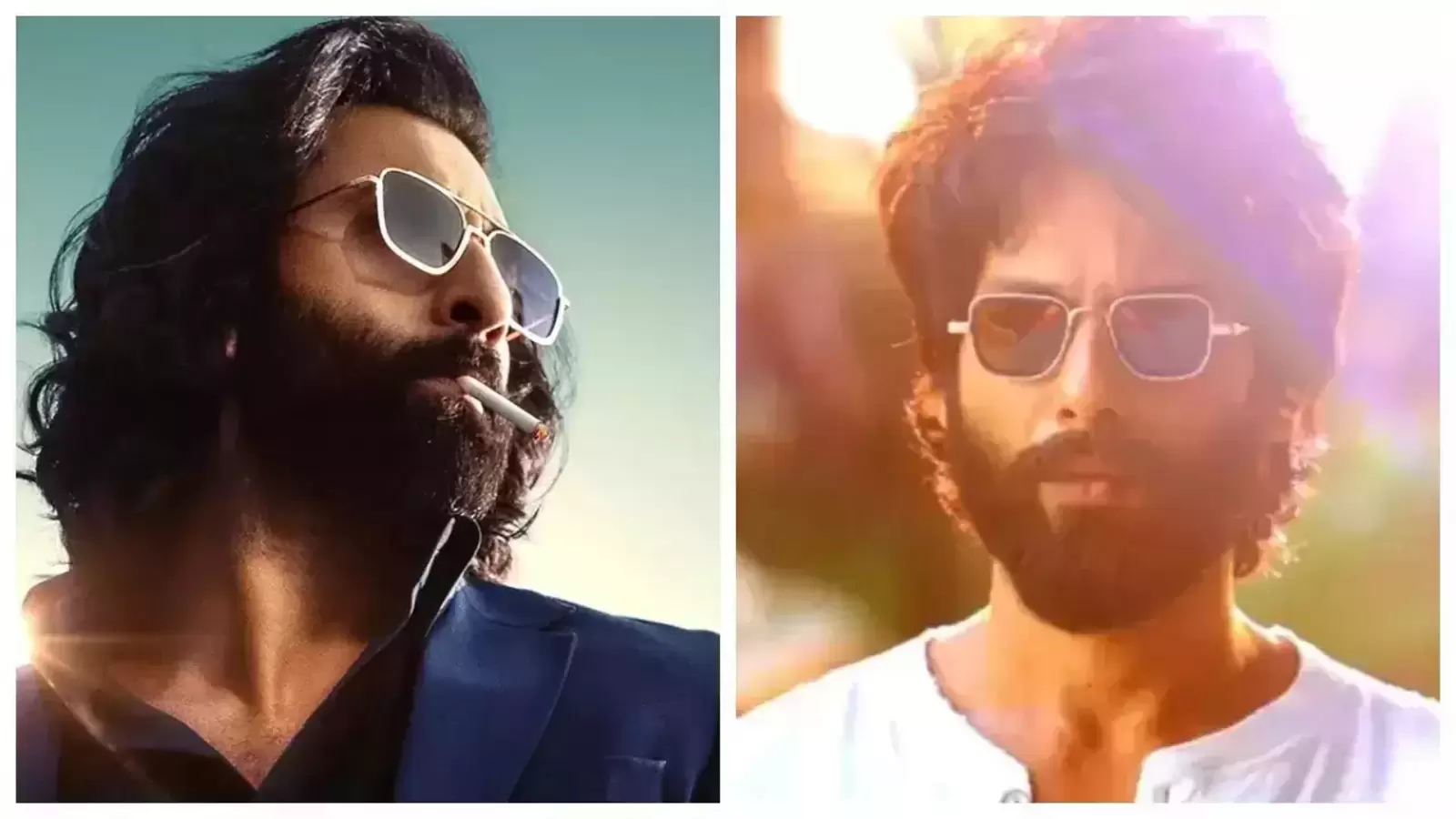The Evolution of Indian Cinema: A Conversation with Kunal Kapoor
Characters like Ranbir Kapoor in Animal, Shahid Kapoor’s Kabir Singh wouldn’t have worked 10-12 years ago
In an era where the Indian film industry is undergoing a significant transformation, actor Kunal Kapoor shares his insightful views on the changing landscape of Bollywood. Speaking to us about the evolution of characters in Indian cinema, Kunal observes that actors like Ranbir Kapoor in Animal and Shahid Kapoor in Kabir Singh, who play complex, flawed characters, would not have been possible 10-12 years ago.
The Golden Era of Bollywood
Kunal reminisces about the golden era of Bollywood, where films were known for their iconic characters, memorable dialogues, and timeless music. "The likes of Dilip Kumar, Dev Anand, and Rajesh Khanna were the epitome of what Indian cinema stood for," he recalls. "Their characters were larger than life, with a certain romance and charm that captivated audiences."
The Changing Landscape of Bollywood
However, Kunal believes that the current landscape of Bollywood has undergone a significant transformation. "Today, we’re seeing a lot more complex, nuanced characters," he observes. "Actors are willing to take risks and push the boundaries of what’s considered acceptable in mainstream cinema."
He cites the example of Ranbir Kapoor in Animal, a film that explores the darker aspects of human nature. "Ranbir’s character is multifaceted and flawed, with a certain vulnerability that audiences can relate to," Kunal notes. "This kind of complexity wouldn’t have been possible 10-12 years ago, when Bollywood was still stuck in its comfort zone."
The Rise of Indie Cinema
Kunal credits the rise of indie cinema for this shift towards more complex characters. "Indie films like ‘The Lunchbox’ and ‘Court’ have shown us that there’s a different kind of storytelling possible in Indian cinema," he explains. "These films have a certain grit and realism that has influenced mainstream cinema."
He also attributes the change to the growing influence of global cinema. "The world is shrinking, and Indian audiences are exposed to international films and trends," Kunal observes. "This has forced Bollywood to evolve and become more diverse."
The Importance of Storytelling
Kunal emphasizes the importance of storytelling in shaping the characters we see on screen. "A good story can elevate even the most ordinary characters, while a weak story can bring down the strongest performances," he believes.
He highlights the example of Shahid Kapoor in Kabir Singh, a film that received widespread critical acclaim. "Shahid’s character is complex and flawed, but the story is what elevates him," Kunal notes. "It’s a testament to the power of storytelling that audiences can relate to such characters."
The Future of Bollywood
As Kunal looks to the future of Bollywood, he believes that the industry will continue to evolve and take risks. "We’re seeing a lot of new talent emerging, and the old guard is willing to take chances," he observes. "I think we’ll see even more complex, nuanced characters in the years to come."
Conclusion
In conclusion, Kunal Kapoor’s insights offer a fascinating glimpse into the evolution of Indian cinema. As the industry continues to grow and change, it’s clear that the changing landscape of Bollywood will only lead to more exciting and complex characters on our screens.


